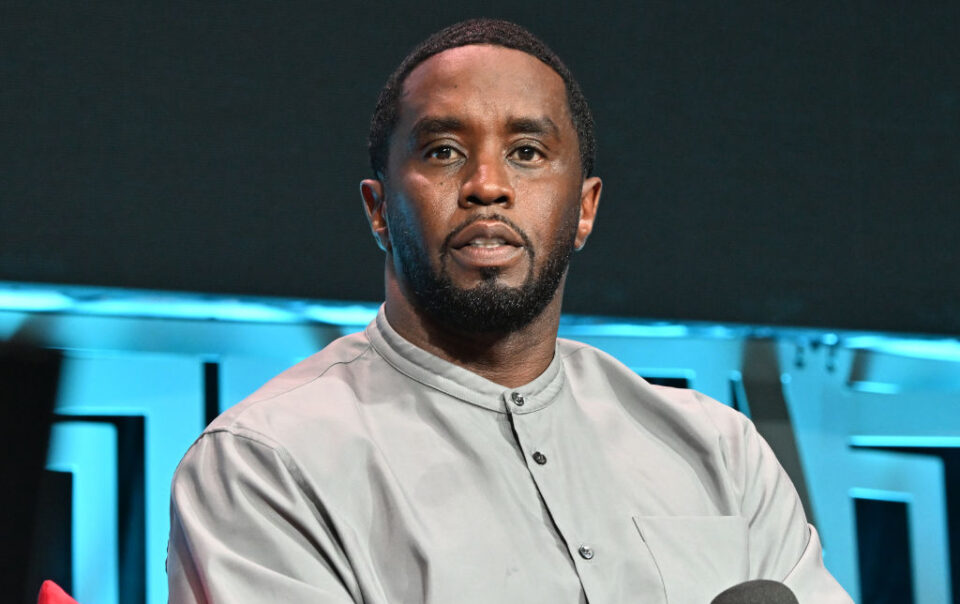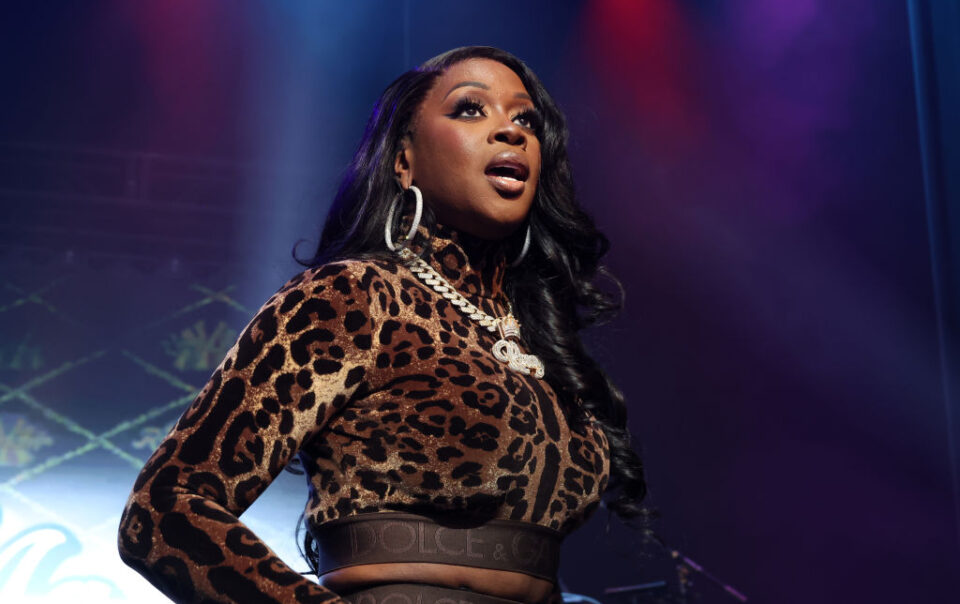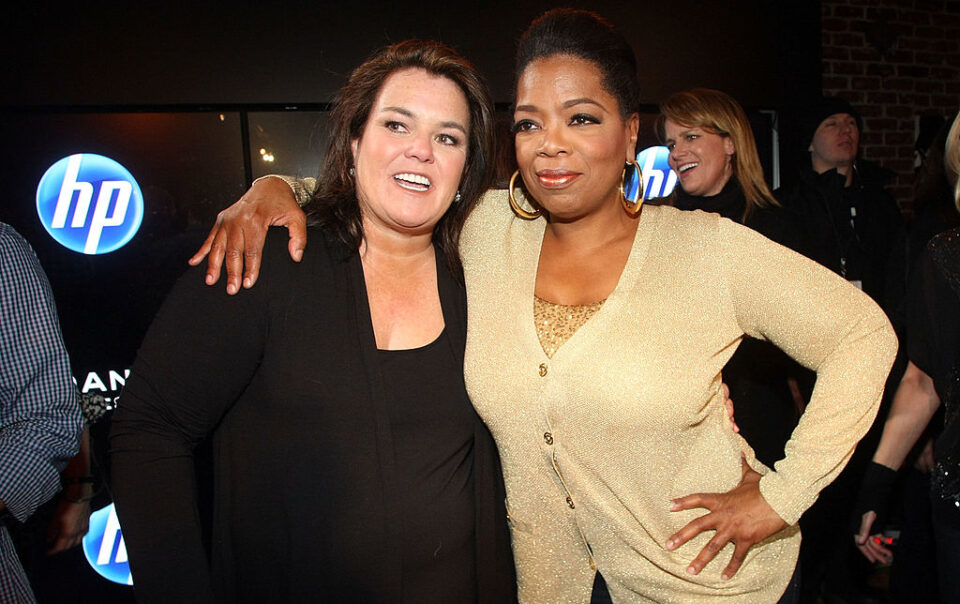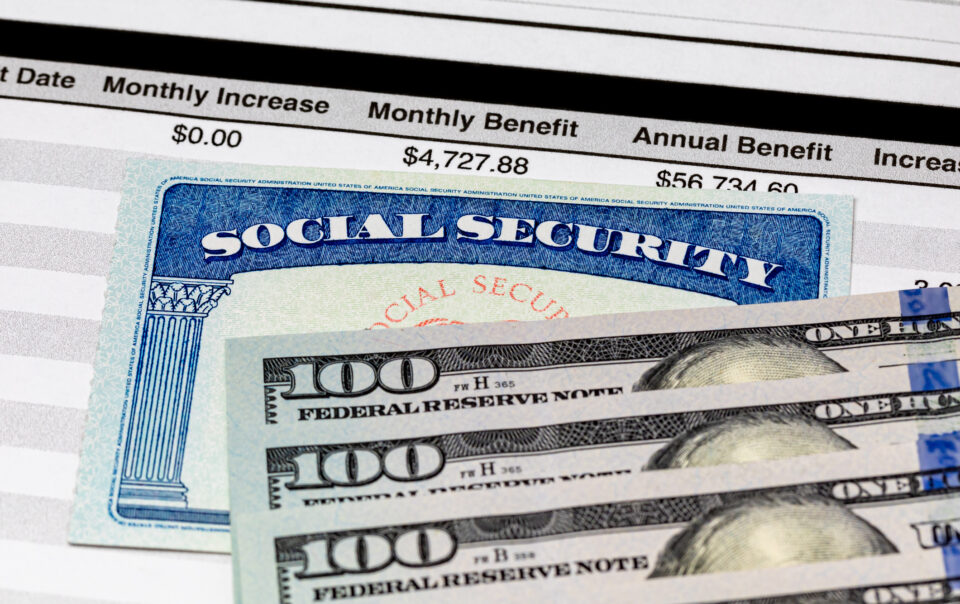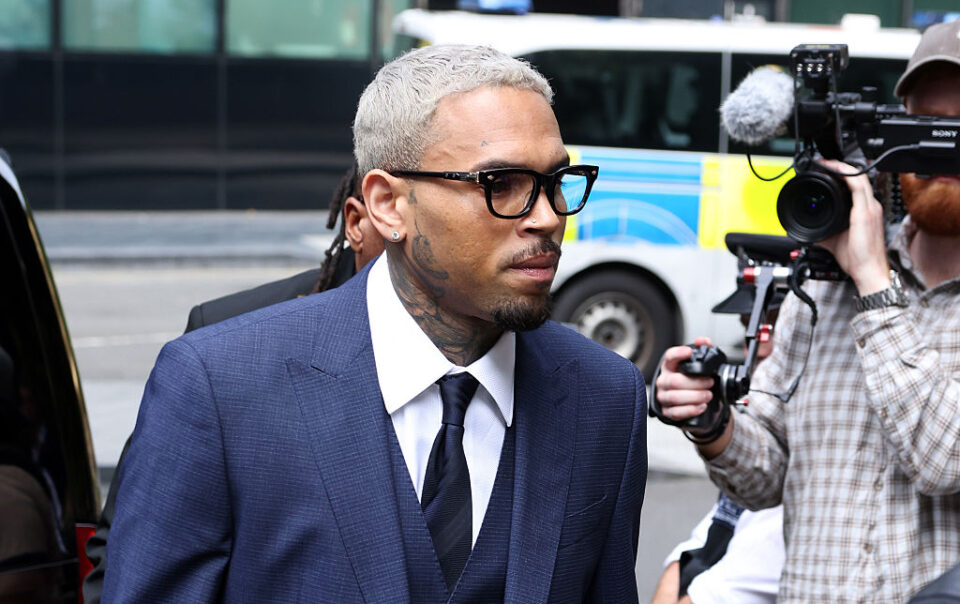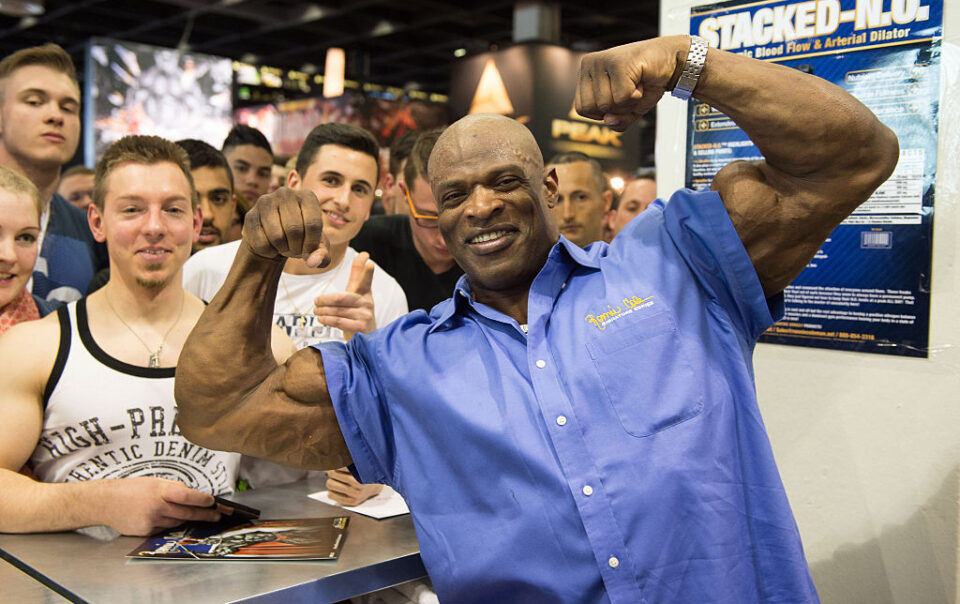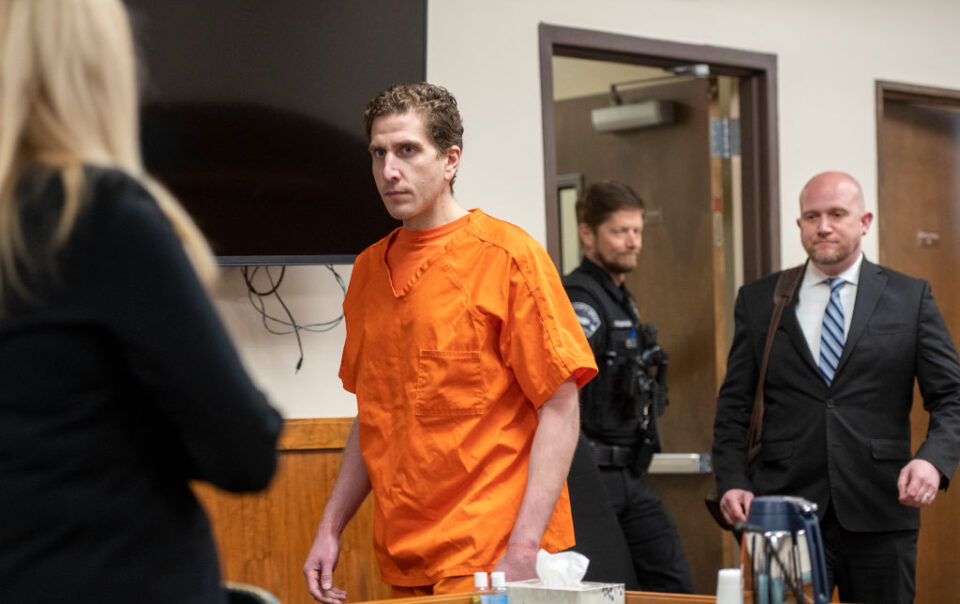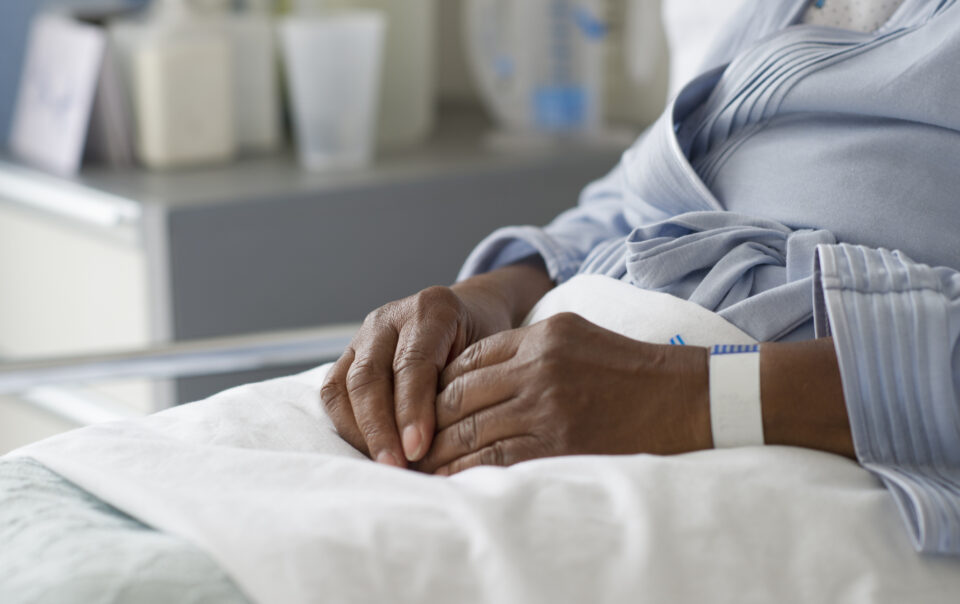The seven-week trial of disgraced music mogul Sean “Diddy” Combs is nearing completion. While the jury reached a verdict Tuesday on four of five charges, they were initially deadlocked on the main racketeering charge. On the third day of deliberations, the panel acquitted him of racketeering and sex trafficking but found him guilty on lesser charges.
NBC News reported that the 12-person jury found Combs, 55, not guilty of one count of racketeering conspiracy and two counts of sex trafficking by force, fraud or coercion but guilty of two counts of transportation to engage in prostitution.
At sentencing, the prostitution transportation charge carries up to 10 years per count. Prosecutors plan to seek 20 years in prison.
Will Combs remain in jail?
Combs’ defense lawyer, Marc Agnifilo, asked Judge Arun Subramanian to release Combs on bail after the jury delivered its verdict.
“He has been acquitted of very, very serious charges. He has been convicted of a far less serious charge,” Agnifilo said, according to USA Today.
Meanwhile, prosecutor Maurene Comey argued that Combs is abusive based on his behavior in his past relationships and stressed to Subramanian that he should remain behind bars.
“It is clear that the defendant does pose a danger,” Comey said.
The jury, comprised of eight men and four women, in the New York federal court had initially decided on the earlier charges on Tuesday. Subramanian told them to continue deliberating on the racketeering charge, the most serious count, which carried a possible life sentence if Combs was convicted, the BBC and USA Today reported. Subramanian said he would review whether to release Combs later Wednesday, and the judge will determine his sentence at a later date.
Here’s a breakdown of the racketeering charge and its role in Combs’ federal trial.
What is racketeering?
Racketeering conspiracy, under the Racketeer Influenced and Corrupt Organizations Act, involves directing a criminal enterprise to commit offenses such as sex trafficking, kidnapping, and obstruction of justice, per the BBC.
Initially used to target mob bosses, the law has since been applied in high-profile cases, such as those involving R. Kelly and President Donald Trump.
To convict Combs, prosecutors would have proven that he used his inner circle to orchestrate crimes, including organizing coerced sexual encounters known as the “freak-offs.” Blavity reported that authorities had found drugs, baby oil and other evidence at his Los Angeles and Miami homes during the FBI raid.
When was Combs initially indicted, and what charges did he face?
Combs was arrested on Sept. 17 following a New York grand jury indictment on sex trafficking and racketeering charges. He is accused of running a criminal enterprise that “engaged or attempted to engage in activities including sex trafficking, forced labor, interstate transportation for purposes of prostitution, drug offenses, kidnapping, arson, bribery and obstruction of justice,” according to Blavity and The Associated Press.
The Harlem native has since denied the charges and maintained his innocence. Since the start of the trial, both sides have presented their cases to the jury, with testimonies from those who were closest to Combs, including his former girlfriend, Cassandra “Cassie” Ventura-Fine.
Last week, federal prosecutors dropped several significant charges against Combs, including kidnapping, arson and aiding in sex trafficking, before closing arguments. The Department of Justice said it chose to focus on charges it could reasonably prove, citing concerns about witness reliability and the extensive evidence required for a conviction.

